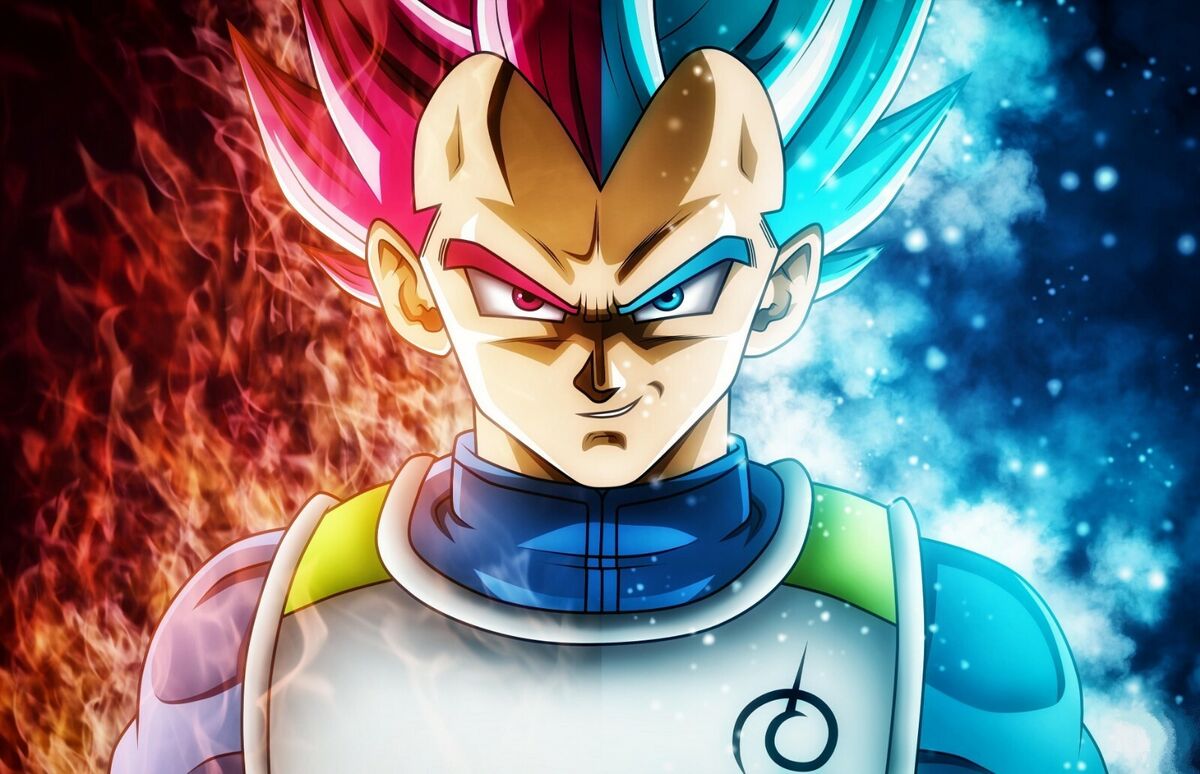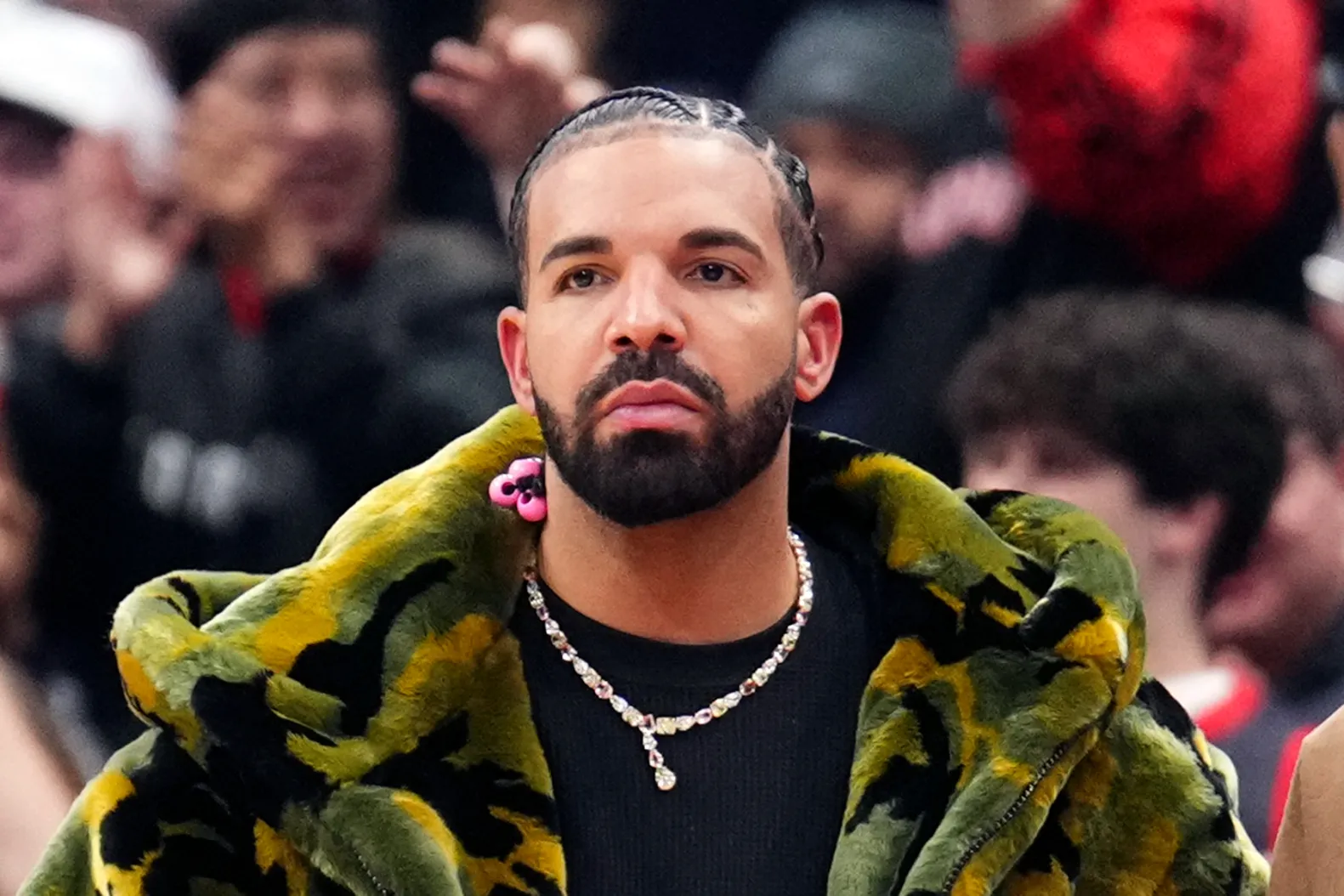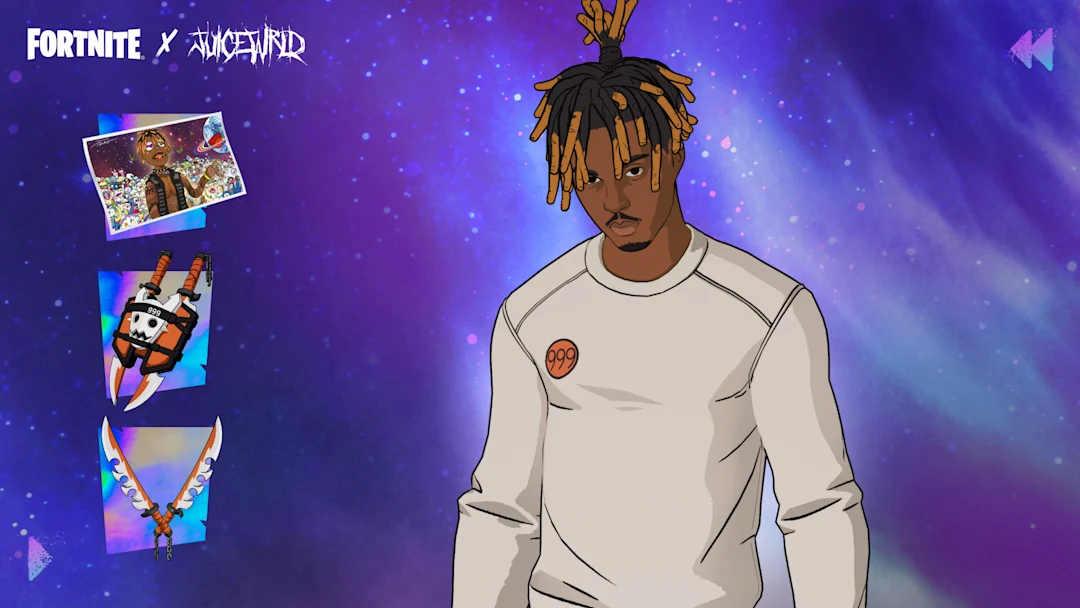Vegeta’s transformation from a ruthless Saiyan warrior who cared only about power and domination into a hero who fights for the good of others is one of the most intricate character developments in the “Dragon Ball” series. His journey from a self-centered villain to a character driven by responsibility, family, and honor, took years and was shaped by various experiences that profoundly altered his worldview.
This article explores the key moments and factors that contributed to Vegeta’s transformation, examining his internal conflicts, personal challenges, and relationships that led to his ultimate shift from evil to good.
Vegeta’s Dark Beginnings: A Prince Without a Kingdom
Vegeta, the prince of the Saiyan race, was introduced as one of the most dangerous and ruthless characters in Dragon Ball Z. His early years were defined by loss and trauma, which helped shape his initial personality. The destruction of Planet Vegeta, the death of his father, and the subjugation of his people by Frieza are events that profoundly impacted his psyche.
While Vegeta had little emotional connection to the Saiyan race as a collective, he held onto his pride as the prince. This sense of superiority and his desire for revenge against Frieza became driving forces in his early life. Yet, under Frieza’s thumb, Vegeta was just another pawn—an experience that contributed to his anger and determination to be the strongest warrior in the universe. He craved power, not only to overthrow Frieza but to assert his dominance over all others, including his rivals like Goku.
The First Major Defeat: Goku and Vegeta on Earth
Vegeta’s first defeat at the hands of Goku on Earth was a monumental moment in his character arc. For the first time, Vegeta encountered someone who not only rivaled him in strength but surpassed him. To make matters worse, Goku, a low-class Saiyan by birth, achieved what Vegeta had spent his entire life striving for—power beyond the natural limitations of their race.
This defeat shattered Vegeta’s sense of superiority. For someone whose identity was so closely tied to being the strongest, this was an enormous blow. It sowed the seeds of jealousy and resentment toward Goku, which would persist for many years.
Vegeta’s response to this defeat was not immediate change but a deepening of his obsession with becoming stronger. He trained relentlessly and sought power at any cost, which led him to pursue immortality on Namek. Yet, his continued failures on Namek, particularly his inability to defeat Frieza and Goku’s subsequent victory, only intensified his inner turmoil.
Namek and the Breaking Point
The Namek Saga marked a pivotal moment for Vegeta. His time on Namek was spent chasing the Dragon Balls in a desperate attempt to gain immortality, thereby ensuring his dominance. However, every effort he made was thwarted. He was forced to rely on Goku to defeat Frieza, and in his final moments on Namek, Vegeta was killed by Frieza after begging Goku to avenge the Saiyan race.
This was a rare moment of vulnerability for Vegeta. His plea to Goku revealed the depth of his pain and rage toward Frieza, as well as his lingering pride in his Saiyan heritage. But it also marked a turning point in his character. Vegeta had never before shown such raw emotion, and this moment foreshadowed his eventual shift toward a more complex, multi-dimensional character.
Though Vegeta’s death on Namek did not immediately change him, it began the long and painful process of his evolution. After being revived, Vegeta was forced to live on Earth with the very people he once considered beneath him, which exposed him to new experiences and relationships that would eventually change him forever.
The Slow Path to Redemption: Androids and Cell Sagas
Vegeta’s true transformation didn’t begin until the Android and Cell Sagas. Although he remained prideful and power-hungry, several key events during this period forced him to confront his own limitations and weaknesses.
One of the most significant changes in Vegeta’s life during this time was his relationship with Bulma and the birth of his son, Trunks. Vegeta’s relationship with Bulma is one of the most unexpected and surprising developments in Dragon Ball Z, and it is a crucial factor in his eventual redemption.
Initially, Vegeta showed little interest in his family. He was still consumed by his desire to surpass Goku and achieve ultimate power, and he even allowed Bulma and baby Trunks to be placed in danger during the Android Saga. However, his time spent training with Future Trunks in the Hyperbolic Time Chamber was a turning point. While Vegeta never admitted it outright, it was clear that he began to care about his family during this time.
This shift in Vegeta’s character was highlighted during the Cell Games when Future Trunks was killed by Cell. Vegeta’s rage and grief over his son’s death drove him to attack Cell, even though he knew he was vastly outmatched. This moment showed that Vegeta had begun to develop genuine emotional connections with others, even if he still struggled to express them.
Majin Vegeta: The Struggle Between Good and Evil
Perhaps the most dramatic moment in Vegeta’s journey from evil to good came during the Buu Saga, when he allowed himself to be taken over by Babidi in order to gain the power to defeat Goku. This decision was the culmination of years of internal conflict. Vegeta had spent years trying to let go of his obsession with surpassing Goku, but he could never fully let it go.
As Majin Vegeta, he reverted to his old ways, embracing his darker impulses and fighting Goku in a brutal battle. However, even at his most evil, there were signs that Vegeta had changed. He ultimately chose to sacrifice himself in an attempt to stop Majin Buu, believing that his death would atone for his past sins and protect his family and the Earth.
This act of self-sacrifice was a major turning point for Vegeta. He had finally put the needs of others before his own desire for power, and in doing so, he demonstrated that he had the capacity for true heroism. Vegeta’s death was not the end, but rather the beginning of his redemption.
Acceptance and Atonement: Vegeta’s Growth Post-Buu Saga
In the years following the Buu Saga, Vegeta’s transformation became even more evident. He accepted his place on Earth and became a devoted husband and father. His rivalry with Goku continued, but it took on a different tone. No longer driven by jealousy and resentment, Vegeta’s desire to surpass Goku became more about self-improvement than proving his superiority.
In Dragon Ball Super, Vegeta’s growth is further explored, particularly in his interactions with characters like Cabba and his experiences on Planet Sadala. As a mentor to Cabba, Vegeta shows a newfound sense of responsibility toward his Saiyan heritage, and his pride in being a Saiyan evolves from a selfish desire for power into a genuine sense of duty.
One of the most significant moments in Vegeta’s post-Buu development occurs during the Tournament of Power, when he fights for the survival of Universe 7. His determination to win is not driven by selfish motives, but by his desire to protect his family and his universe. Vegeta’s actions during the tournament show that he has truly become a hero, fighting not for personal gain, but for the greater good.
Vegeta’s Legacy: From Villain to Hero
Vegeta’s transformation from a villain to a hero is one of the most compelling aspects of Dragon Ball. His character arc is not a simple or straightforward redemption story. Instead, it is a gradual and complex process, marked by moments of failure, self-reflection, and growth.
At the heart of Vegeta’s transformation is his internal struggle between his pride and his growing sense of responsibility. While he began his journey as a character driven solely by power and revenge, he eventually found meaning in his relationships with others and in his role as a protector of Earth.
Ultimately, Vegeta’s change was not the result of any single event, but rather a combination of factors: his defeats at the hands of Goku, his experiences on Namek, his relationship with Bulma and Trunks, and his realization that there is more to life than being the strongest. Vegeta’s journey is a testament to the idea that people can change, even when it seems impossible.
Conclusion
Vegeta’s evolution from a villain consumed by his desire for power to a hero who fights for the good of others is one of the most profound character arcs in Dragon Ball. His journey was shaped by loss, love, and self-reflection, and it highlights the complexity of his character. Vegeta’s transformation shows that redemption is possible, even for those who have committed terrible acts, and that true strength comes not from power alone, but from the ability to grow, change, and care for others.






